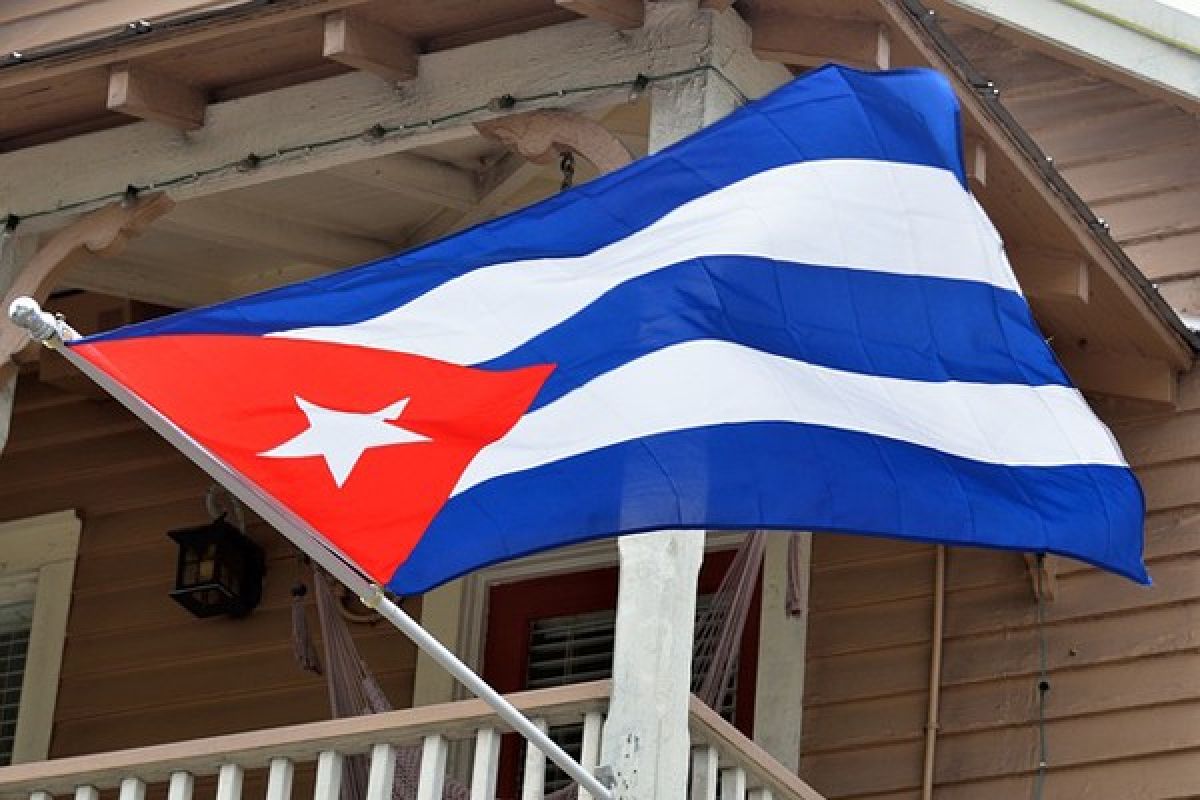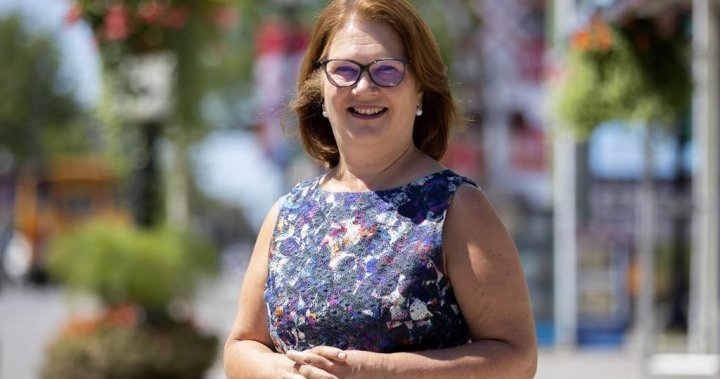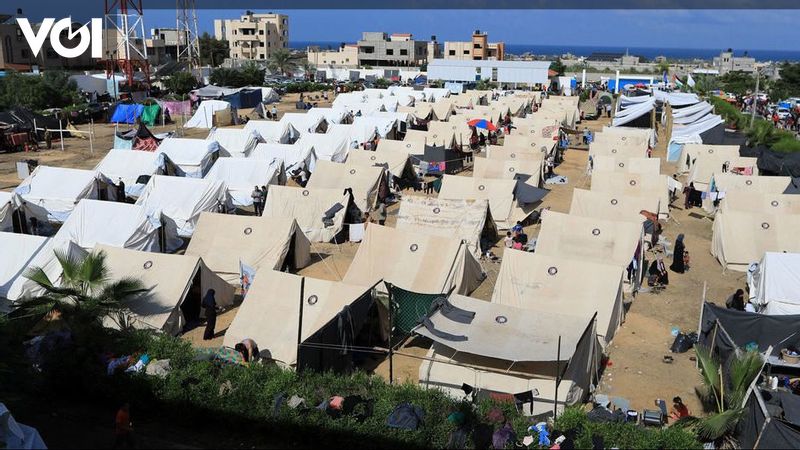OTTAWA (ANTARA News) – Canada has been unable to identify the cause of unusual health problems, such as nausea and nosebleeds, reported by some diplomatic staff and their family members to Cuba, a senior Canadian government official said Wednesday.
The US State Department said in August that US citizens associated with its embassy in Cuba had experienced physical symptoms caused by unspecified “incidents” dating back to late 2016.
On Tuesday, researchers said they were investigating various theories, including the possibility of a “viral” attack.
Canadian officials reported some symptoms, including headaches, starting in March, the official told reporters.
While most cases were reported in May, two were reported in August and December 2017, when people reported feeling a surge.
Of the 27 staff and family members who underwent medical examinations, eight were found to be ill and required additional care.
They have returned to work or school, said the official, who asked to remain anonymous due to the sensitivity of the situation.
Some heard high-pitched noises in their homes, although only one reported feeling unwell afterward. No one was hospitalized, the official said.
Symptoms experienced by American diplomats included hearing loss and headaches.
Cuban officials denied any involvement or knowledge of the causes of the incident.
Although Canada has not concluded that the problems were the result of an attack, neither possibility has been ruled out, Canadian officials said.
The number of embassy staff in Havana remains low, although three families have voluntarily returned to Canada since this summer, the official said.
Last year, the United States sharply reduced its embassy staff.
In August, an official said Canada did not automatically assume that Cuba was behind the so-called “acoustic attacks” against U.S. and Canadian personnel in Havana.
Canada had generally good relations with Cuba when the United States imposed a decades-long economic blockade on the country.
After decades of hostility between the United States and Cuba, the U.S. Embassy reopened in 2015 as part of an effort initiated by former U.S. President Barack Obama and his Cuban counterpart Raul Castro to improve relationships.
But relations between the two countries have been strained since Trump took office last year, with the new administration saying Obama made too many concessions to Havana and walked back some steps taken under that approach. .
Secretary of State Rex Tillerson told The Associated Press last week that he was not sure whether the “deliberate attack” had been carried out and said he would not deploy diplomats if the situation was unfavorable, according to Reuters.
(Uu.G003/M016)

“Professional communicator. General music practitioner. Passionate organizer. Evil twitter fan.”






